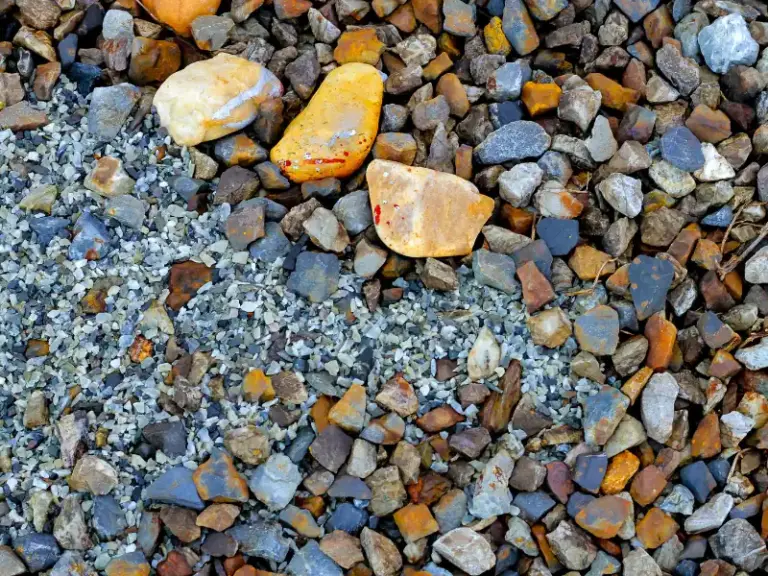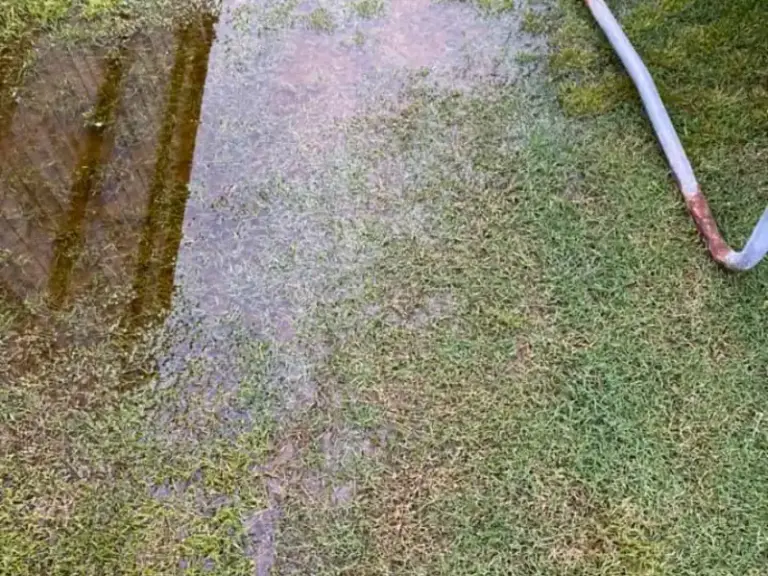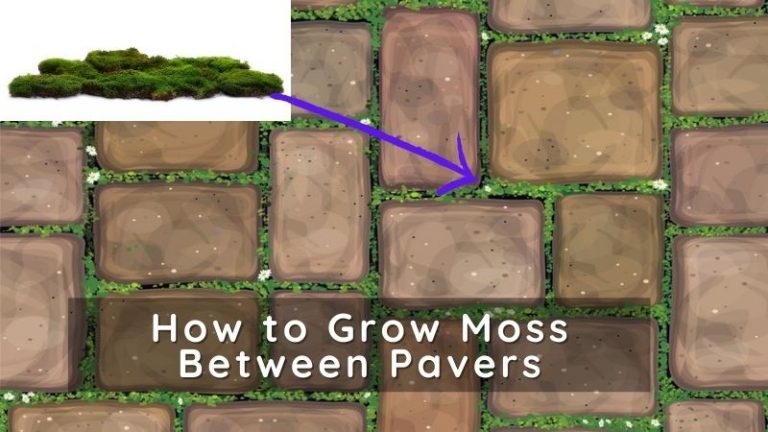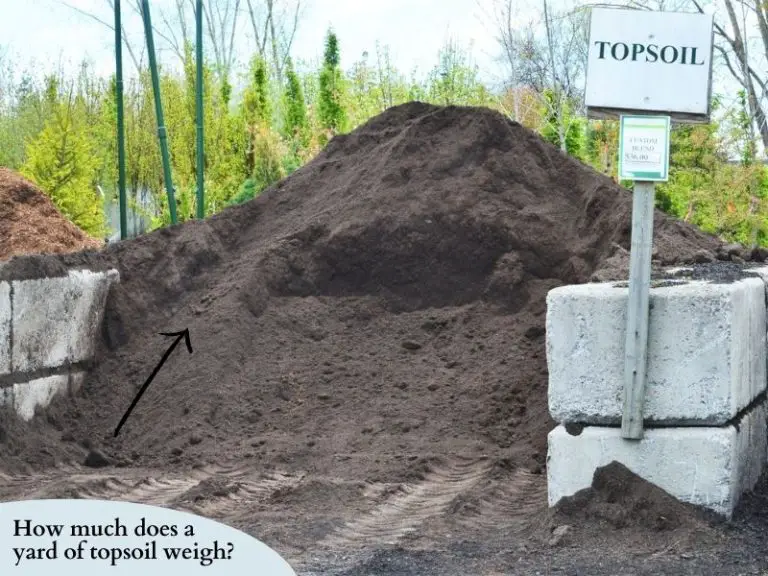Porcelain Pavers Cost – Installation Price Per Square Foot + Alternatives
Porcelain pavers are cost-effective and can be manufactured to mimic pretty much anything: concrete, natural stone, wood, sandstone, etc. Additionally, you can use porcelain pavers on several surfaces. You can install them in driveways, pathways, patios, or balconies.
These are among the many benefits of using porcelain pavers that we are going to talk about. However, like every other paving material, porcelain pavers have their downside too. I will tell you more about these, the cost of installing porcelain pavers and will give you some exciting alternatives.
What is the average cost of porcelain pavers?
Porcelain pavers can be generally more expensive and will cost an average of $7 to $15 per square foot. However, the final installation cost per square foot of porcelain pavers starts at $45 to $65. They are made from the highest-grade porcelain and are thus very cost-effective.
If you are low on budget, you can still save money and install porcelain pavers later.
There are several reasons why we can recommend porcelain pavers. Note that porcelain pavers are manufactured products and are thus engineered for versatility and durability. As you shall see, the pros of porcelain pavers far outweigh their cons.
Pros
Porcelain pavers are kiln-dried at temperatures of 1200oC turning them glass-like and tough. Therefore;
1. Porcelain pavers provide significant resistance against expansion and contraction in frosty areas.
Even in summer, porcelain pavers resist hot temperatures than other paving materials. Neither their color nor their surface can fade.
However, if you are in an area that receives extreme direct sunlight, we recommend choosing lighter color porcelain pavers. For instance, cream-colored or light gray porcelain pavers reflect excess sunlight and can be used in hot areas.
On the other hand, darker porcelain pavers are more prone to absorbing heat and are suitable for cold regions.
2. Manufacturers can now customize porcelain pavers based on client specifications.
If you miss the perfect porcelain tile from the various colors, designs, patterns, and sizes, you can still define your specifications and get it delivered to your property. This convenience also determines the cost of porcelain pavers.
3. Porcelain pavers do not need sealing to be hard.
Unlike paving with concrete, porcelain pavers do not need sealing. They are a budget-wise choice for patios and walkways. Nevertheless, they can also be installed in driveways. Are porcelain pavers strong enough to hold the weight of vehicles in a driveway?
The answer is a resounding yes. Porcelain pavers can withstand loads up to 2200 pounds without breaking. They do not chip or break easily like tiles and natural stone. They are so hard, you need a diamond saw and water to cut through a porcelain tile, which brings us to the next point.
4. Porcelain pavers are non-porous.
That means they are impervious to water, chemical spills, and oil. Therefore, they do not stain like other paving materials like concrete, stone, or wood. If you use porcelain pavers, your surface will not suffer from cracks, rot, or mold.
5. Porcelain pavers are non-slip.
Unlike tiles, they are suitable for pool decks and your backyard renovations. Porcelain pavers do not encourage moisture or the growth of mold and therefore, you don’t have to worry about slipping and falling. Moreover, after it rains, children and older adults can use the porcelain pavers without facing any challenge.
Cons
Although porcelain pavers strike a balance between functionality and modernity, you should consider the downsides too. They are not much, but they are worth noting.
- Porcelain pavers are relatively expensive
- Wrong color selection may result in poor thermal insulation
- They can be very hard to cut without diamond blades.
- Porcelain imitates but is not an alternative to natural pavers like real stone or real wood.
You can use porcelain pavers for your outdoor floors and they will maintain a new look for several years. The various collections of colors, patterns, and sizes also offer significant versatility.
Now that you know the pros and cons of using porcelain pavers for your hardscaping project, let us take an in-depth look at the price of porcelain pavers. Also, we will break down the project requirements and give you a cost estimate of the installation of porcelain pavers per square foot.
Porcelain paver material price
Porcelain pavers are fired at very high temperatures around 1200oC, then designed, and sold by sizes. Although three sets of sizes exist, manufacturers can offer customized porcelain pavers to their clients. These range from small squares and rectangles to larger ones that can create good ashlar patterns.
One ton of 8” by 16” porcelain pavers contains 110 pieces, while a ton of 24” by 24” has 55 pieces of porcelain pavers. Therefore, you need about 14 pieces of porcelain pavers to cover a 56 square foot area.
The available sizes include 8 by 16 inches, 16 by 24 inches, and 24 by 24 inches. Also, the thickness of porcelain pavers ranges between 8mm and 10mm. In other words, they are about 2cm thick and are usually manufactured with exterior use in mind.
Fortunately, you can use porcelain pavers outdoors or indoors – on grass, gravel, or sand.
Porcelain pavers are hard with a bulk density range of between 2.3 and 2.4 g/cm3, meaning that the standard porcelain of 8” by 16” weighs on average 20 pounds. On the other hand, a 24” by 24” porcelain paver weighs nearly 40 pounds.
That also means that porcelain pavers are non-porous as they absorb less water than glass. Therefore, porcelain pavers can be generally more expensive and will cost an average of $7 to $15 per square foot.
Installation cost per square foot
Porcelain pavers are suitable for indoor and outdoor commercial or residential use and their installation cost is determined per square foot. Most importantly, they are easy to install. When planning for the installation of porcelain pavers, you should also consider the labor cost.
You can decide to do the project yourself or hire the services of a professional. Just remember that the cost per square foot is relatively lower in the case of a DIY, but significantly higher when using expert help to install porcelain pavers.
The benefit of paying experts for the project is that it will be completed with precision and on time.
In that case, the labor cost for porcelain ranges between $7 and $15 per square foot. Meanwhile, the final installation cost per square foot of porcelain pavers starts at $45 to $65.
If you liked porcelain pavers, you can make your order right now to give your home a new look. However, if porcelain slabs miss a detail you are keen on, check out these cheap and exciting alternatives.
Cheaper Alternatives to Porcelain Pavers
Several alternatives can work well with outdoor flooring. Porcelain pavers aside, you can use black limestone pavers or concrete, which are not only cheaper but also offer considerable durability and quality.
Paver material and installation cost per square foot.
| Paver Material | Installation Cost Per Square Foot |
| Porcelain Pavers | $45 to $65 |
| Black Limestones | $10.50 and $11.35 |
| Concrete | $8 to $25 |
1. Black Limestone
It is one of the cheapest and stunning paving options compared to porcelain pavers. For instance, the Katah Black Indian Limestone Pavers cost between $10.50 and $11.35 per square foot.
When wet, black limestone offers deep tones, which is aesthetic and essential for disguising spills.
However, unlike porcelain pavers, black limestone requires basic maintenance to keep its deep tones. That means you will incur additional charges to purchase sealers or color-enhancing products.
2. Concrete
Concrete is also a cheap alternative to porcelain pavers and will cost you $8 to $25 per square foot. However, you can avoid texturing or stamping the concrete slab during installation to spend roughly $14 per square foot.
Concrete can last for up to 50 years, is cheap to install, and is easy to maintain. Like porcelain pavers, you can also have custom designs and unlimited paver styles and colors from concrete.
However, concrete is likely to fade over time faster than porcelain pavers especially if used in sunny areas. If you choose concrete instead of porcelain pavers, you will need sealants to help prolong your pavers.




